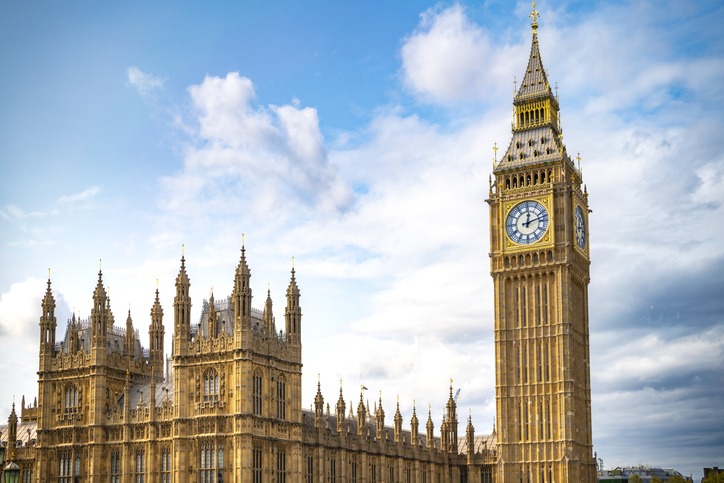As the UK government prepares to unveil the Budget 2026 on 26 November, one question looms large: How will the Chancellor raise additional taxation to plug the hole in government finances but avoid a political backlash?
Craig Simpson, Tax Partner here at Bates Weston, shares his thoughts on the topic and considers why Income Tax might be the Chancellors most viable option.
Why VAT and National Insurance might be off the Table
“With limited room for manoeuvre in terms of how Chancellor Rachel Reeves will raise revenue, the focus inevitably turns to the “big three” tax levers: Value Added Tax (VAT), National Insurance (NI), and Income Tax. Each has its own implications—but only one appears both politically and economically feasible.”
Craig continues “Increasing VAT would disproportionately affect lower-income households and fuel inflation—two outcomes the government is keen to avoid. A VAT hike is politically toxic and economically risky.”
“In the most recent UK Budget, several significant changes to National Insurance Contributions (NICs) were introduced, primarily affecting employers. These changes were part of broader efforts to raise revenue and support public services. Further changes would burden both employees and employers, potentially stifling job growth and wage progression. It’s unlikely to be revisited so soon. There is also speculation around the introduction of employers national insurance for partners of Limited Liability Partnerships. A move which would lead to the wide spread restructuring of professional practices and ultimately lead to a lower tax take.”
Income Tax: A Simple, Effective Revenue Generator?
“Income Tax is a tool that, while politically sensitive, offers a straightforward and impactful solution. According to expert estimates, a 2% increase in the basic rate of income tax could generate £15 billion to £18 billion annually. Crucially, this change would require no additional administrative costs and would deliver immediate fiscal benefits.”
The Power of Fiscal Drag: A Stealth Tax with Growing Impact
“Beyond rate changes, the government is already benefiting from fiscal drag—the freezing of income tax thresholds. This policy quietly increases tax revenue by pulling more earners into higher tax bands as wages rise.
According to the Office for Budget Responsibility (OBR):
- In 2025–26, fiscal drag is expected to raise £8 billion.
- By 2029–30, that figure could exceed £38 billion annually.
This stealth tax is highly effective, but its long-term sustainability is questionable. As more taxpayers feel the pinch, pressure for transparency and reform will grow.”
Why Income Tax is the most viable option in Budget 2026
In summary, Craig comments “In the current economic climate, raising income tax may be the least disruptive and most practical way to boost government revenue. It avoids the inflationary impact of VAT and the employment risks of NI, while delivering a predictable and scalable income stream.”
“The Chancellor faces a difficult balancing act in Budget 2026. But with limited options and growing fiscal pressures, income tax reform—whether through rate increases or continued reliance on fiscal drag—may be the only realistic path forward. This year’s Budget requires bold, transparent leadership.”
Preparing for what’s next
At Bates Weston, we continue to monitor developments closely and advise clients on how any changes introduced in the 2026 Budget could affect financial planning. For tailored advice or to discuss the implications of Budget 2026, contact our team of dedicated tax advisors today.





